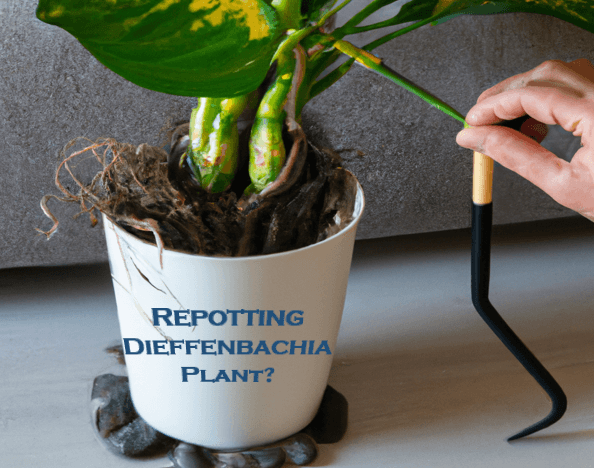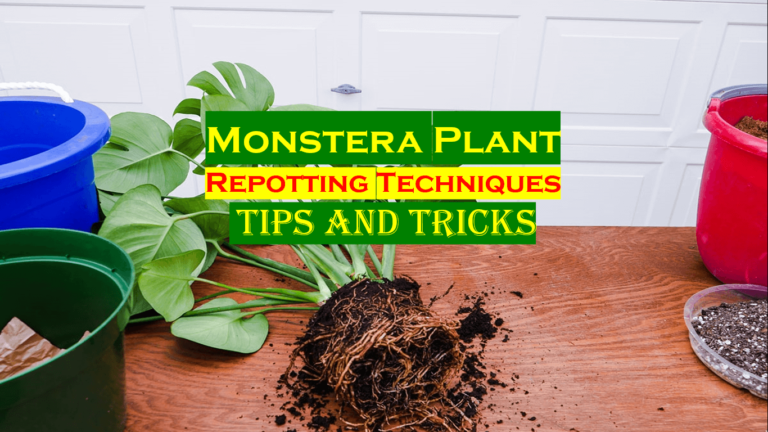Fertilizer plays a crucial role in the growth and health of Snake Plants. These plants are known for their low maintenance requirements, but providing them with proper nutrients can greatly enhance their growth and overall appearance. A balanced fertilizer that contains nitrogen, phosphorus, and potassium is essential for developing strong roots, leaves, and stems. Additionally, trace elements such as iron, magnesium, and calcium are also important for the health of Snake Plants.

Fertilizing Snake Plants regularly can help prevent common issues such as yellowing leaves, stunted growth, and slow development. However, it is important not to over-fertilize, as this can lead to an excess of salt buildup in the soil, damaging the roots and harming the plant. A moderate and balanced fertilizer application once every 2 to 4 weeks during the growing season is typically sufficient for Snake Plants. Additionally, it is important to reduce fertilizer applications or stop altogether during the winter, when the plant goes dormant and does not require as much energy.
Best Inorganic Fertilizer for Snake Plant
When it comes to fertilizing Snake Plants, it is important to use a balanced fertilizer that combines nitrogen, phosphorus, and potassium. These are typically listed on the fertilizer packaging as N-P-K. A ratio of 20-20-20 or 14-14-14 is ideal for Snake Plant.
Inorganic fertilizers are suitable for Snake Plants, and many common brands available in the United States can be used for this plant.
Popular Brands of Inorganic Fertilizers for Snake Plants
Some popular brands of inorganic fertilizers for Snake Plant include:
Miracle-Gro All Purpose Plant Food: This is a well-known brand in the United States and is available in liquid and granular forms. It is a balanced fertilizer with a ratio of 24-8-16 (N-P-K). It can be used for both indoor and outdoor plants.
Schultz All Purpose Plant Food: This brand is also available in liquid and granular form, and it is a balanced fertilizer with a ratio of 10-15-10 (N-P-K). It is suitable for all types of houseplants, including Snake Plant.
Jobe’s All Purpose Fertilizer Spikes: These spikes are easy to use and provide a consistent and slow release of nutrients to the plant. They are formulated with a ratio of 12-4-8 (N-P-K) and can be used for various indoor and outdoor plants.
Precautions while using Inorganic Fertilizer
- It’s important to remember that Snake Plant is sensitive to over-fertilization, so it’s best to use a balanced fertilizer at a lower strength than recommended on the packaging.
- Snake Plants should only be fertilized during the active growing season, typically spring and summer.
- It’s also important to ensure the soil is moist before applying fertilizer and avoid getting fertilizer on the leaves.
- Another important factor to remember is that Snake Plant can grow well even with minimal fertilization, so it’s unnecessary to fertilize frequently. Once or twice a year should be sufficient for healthy growth.
- It’s important to use fertilizer sensibly and not over-fertilize.
Best Organic Fertilizer for Snake Plant
When it comes to organic fertilizer, Sansevieria plants prefer a balanced fertilizer that contains a combination of nitrogen, phosphorus, and potassium, which are the macronutrients essential for the growth and development of the plant. The ideal ratio for Sansevieria is 20-20-20 or 14-14-14.
Popular Brands of Organic Fertilizers for Snake Plants
Many common brands of organic fertilizers available in the United States can be used for the Sansevieria plant. Some popular brands include:
Dr. Earth Organic All Purpose Fertilizer: This brand is available in both granular and liquid form, and it is formulated with a balanced ratio of 4-6-3 (N-P-K). It is made from natural and organic ingredients such as fish bone meal, kelp meal, and alfalfa meal.
Jobe’s Organic All-Purpose Fertilizer: This brand is available in granular form and is formulated with a ratio of 4-4-4 (N-P-K). It is made from natural ingredients such as bone meal, feather meal, and fish meal.
Espoma Organic All-Purpose Plant Tone: This brand is available in granular form and is formulated with a ratio of 3-4-4 (N-P-K). It is made from natural ingredients such as bone meal, feather meal, and blood meal.
Precautions while using Inorganic Fertilizer
- It’s important to remember that Sansevieria is sensitive to over-fertilization, so it’s best to use an organic fertilizer at a lower strength than recommended on the packaging.
- Sansevieria should only be fertilized during the active growing season, typically spring and summer.
- It’s also important to ensure the soil is moist before applying fertilizer and avoid getting fertilizer on the leaves.
- Another important factor to remember is that Sansevieria can grow well even with minimal fertilization, so it’s unnecessary to fertilize frequently. Once or twice a year should be sufficient for healthy growth.
Final Words
Ultimately, the choice between organic and inorganic fertilizers for Snake Plants will depend on the individual needs and goals of the gardener. Those who prioritize soil health and long-term sustainability may prefer organic fertilizers, while those who prioritize quick results and easier application may prefer inorganic fertilizers.
Regardless of choice, it is important to follow proper application rates and frequencies and to regularly monitor the health and appearance of the Snake Plant to ensure that it is receiving the appropriate level of nutrition.







